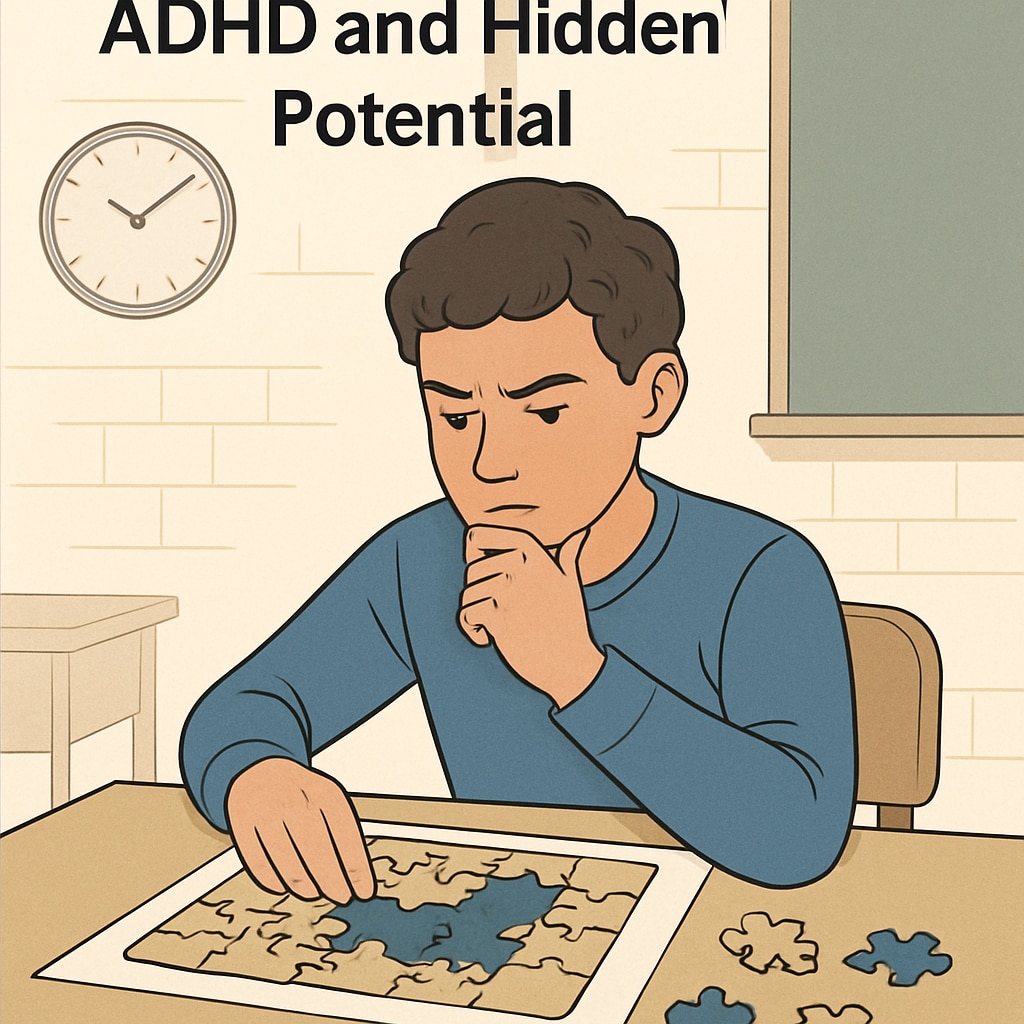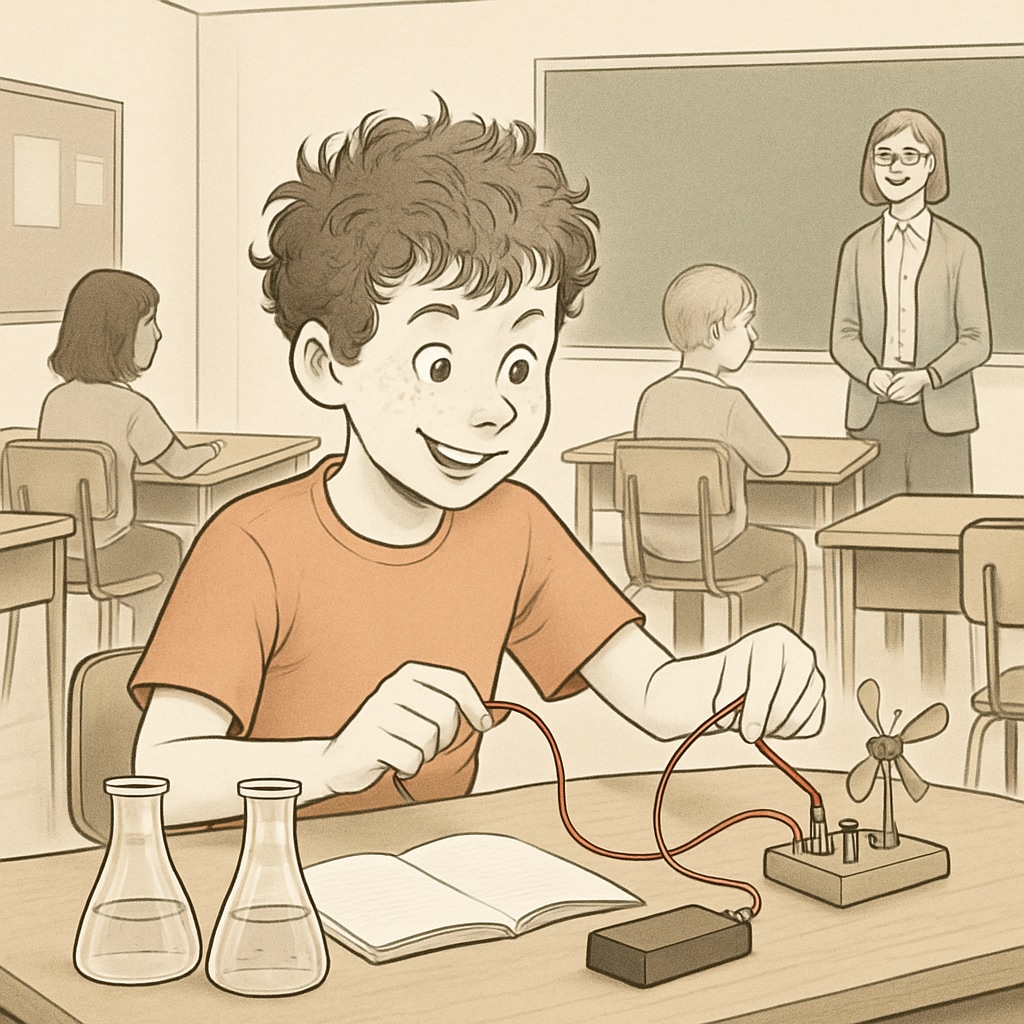The gifted program selection process often fails to recognize the academic potential of students with ADHD (Attention Deficit Hyperactivity Disorder), leaving many capable individuals excluded from opportunities that could foster their talents. This structural oversight highlights an urgent need to revise evaluation frameworks to embrace a more inclusive approach. By understanding the challenges faced by ADHD students and addressing biases within current systems, educators can unlock the potential of these overlooked learners.
The Overlooked Talents in Gifted Program Screening
Gifted education programs are designed to nurture high-performing students who demonstrate exceptional intellectual or creative abilities. However, traditional screening methods often prioritize consistent academic performance, high standardized test scores, and teacher recommendations—criteria that may inadvertently penalize students with ADHD. ADHD can affect organizational skills, focus, and impulsivity, which might overshadow the student’s true intellectual capabilities.

For example, a student with ADHD might excel in creative problem-solving or have exceptional mathematical reasoning but struggle with completing assignments on time or adhering to classroom norms. These challenges can lead to misinterpretation of their abilities, causing them to be overlooked for gifted programs. As a result, many high-potential students with ADHD are left without the specialized resources and support they need to thrive.
Why ADHD Students Deserve a Place in Gifted Programs
ADHD students often possess unique strengths that align with the goals of gifted education. These include:
- Creative thinking: ADHD students often approach problems from unconventional angles, leading to innovative solutions.
- Hyperfocus: When deeply interested in a subject, ADHD individuals may demonstrate extraordinary concentration and productivity.
- Resilience: Navigating challenges associated with ADHD fosters adaptability and perseverance.

Despite these strengths, many gifted programs fail to accommodate ADHD students due to rigid criteria. For instance, standardized tests may not reflect their true abilities, as ADHD-related symptoms can interfere with test-taking. Similarly, teacher recommendations might be biased by behavioral challenges rather than academic capabilities. Addressing these barriers requires rethinking how giftedness is identified and assessed.
Building an Inclusive Evaluation System
To ensure that gifted programs are accessible to ADHD students, educators must adopt more inclusive evaluation systems. These could include:
- Multi-dimensional assessments: Incorporating portfolios, creative projects, and interviews alongside traditional metrics.
- ADHD-specific accommodations: Providing extra time or alternative formats for standardized tests.
- Training educators: Equipping teachers to recognize ADHD-related strengths and avoid bias in recommendations.
Furthermore, collaboration between educators, psychologists, and parents can create a holistic understanding of a student’s abilities. By identifying strengths that may not be immediately apparent through conventional methods, gifted programs can better serve diverse learners.
For example, research from Britannica’s ADHD overview highlights the correlation between ADHD traits and creative thinking. Additionally, Wikipedia’s gifted education page emphasizes the importance of flexible identification criteria for fostering diverse talents.
Conclusion: Unlocking Overlooked Potential
The current gifted program selection system often leaves ADHD students behind, despite their remarkable potential. By implementing more inclusive evaluation practices, educators can ensure that these students receive the support they need to excel academically and personally. Recognizing and nurturing the unique abilities of ADHD learners is not only a matter of fairness but also a valuable investment in the future of education and innovation.
Inclusion is key to empowering all students to succeed. It is time to rethink how we define and assess giftedness, ensuring that no talent is left behind.


